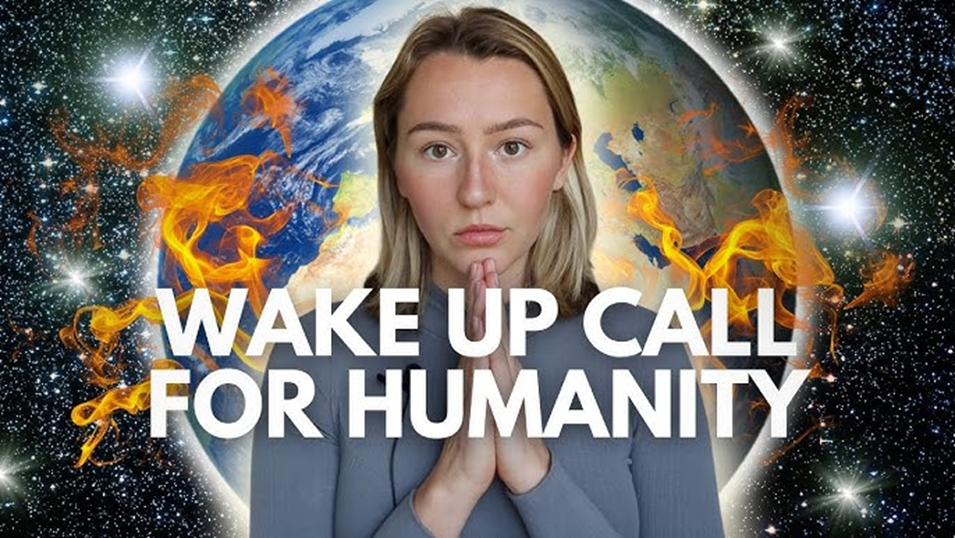The decline of legacy media in the United States is attributed largely to a significant loss of public trust. Many Americans feel that mainstream media has failed to deliver accurate and comprehensive reporting on crucial events, such as the controversy surrounding Hunter Biden’s laptop, the January 6 Capitol riots, ongoing issues at the southern border, the COVID-19 pandemic, and the adverse effects associated with COVID vaccines. This failure has compelled a growing number of individuals to turn to alternative media sources seeking more reliable information. The COVID-19 pandemic itself acted as a catalyst for this awakening, prompting many to scrutinize established narratives and explore various perspectives.
One prominent figure who emerged with critical insights is Dr. Robert Malone, who is known as the inventor of the mRNA vaccine technology used in Pfizer and Moderna COVID-19 vaccines. After receiving the vaccines himself and experiencing severe health challenges, Dr. Malone became an outspoken critic of their safety and efficacy, advising against their use, particularly for children. His formation of the Global COVID Summit, representing 17,000 doctors, underscores a concerted effort to challenge the mainstream discourse on vaccination and public health policies, which he argues should be considered “crimes against humanity.” His concerns echo a broader movement of medical professionals questioning the validity and implications of COVID-19 vaccinations and associated mandates.
Related to Malone’s work, the idea of “mass formation psychosis” has gained traction, particularly after his discussions on popular platforms such as the Joe Rogan Experience. Dr. Mattias Desmet, a psychologist who Malone introduced, argues that mass compliance with often illogical COVID policies stems from a sense of community and belonging that finds its roots in societal loneliness. This psychological insight highlights how fear and social pressures can lead to collective behavior that overrides individual reasoning, reflecting a significant shift in public consciousness fueled by the pandemic. This concept resonated widely, significantly impacting conversations about societal behaviors surrounding COVID restrictions.
Other medical professionals who have undergone similar transformations in their perspectives include Dr. Brett Weinstein and Dr. Naomi Wolf, both of whom initially accepted mainstream narratives before becoming deeply critical. Weinstein’s advocacy against pandemic management strategies, along with Wolf’s illuminating book “The Pfizer Papers,” reveals profound disillusionment with medical authorities and the pharmaceutical industry. Dr. Aseem Malhotra’s tragic personal experience, losing his father shortly after he received the COVID vaccine, further demonstrates the journey among medical practitioners to shift from trust in established medical guidelines to questioning systemic issues in pharmaceutical research and policy-making.
The content also highlights a significant political shift among former Democrats who have felt increasingly disconnected from the party’s evolving values. Figures like filmmaker Mikki Willis and prominent ex-politicians like Tulsi Gabbard and Robert F. Kennedy Jr. have publicly distanced themselves from the Democratic Party. Their departure is often framed within a larger narrative of reclaiming political identities aligned with original Democratic principles. Gabbard and Kennedy Jr. have recently joined the Republican Party, suggesting that the GOP might now hold a more appealing, inclusive stance for those who cherish traditional values of freedom and individual rights.
Ultimately, the growing skepticism towards traditional media and established political norms signals a transformative moment in American society. This transformation is driven by a mixture of individual and collective awakenings, propelled by new ideas, experiences, and shifting allegiances. As more people gravitate towards alternative narratives both in media and politics, the legacy entities face challenges to adapt to this new landscape or risk falling further into obsolescence. The evolution of public trust in information sources will undoubtedly shape the trajectory of American democracy and societal cohesion in the years ahead.

